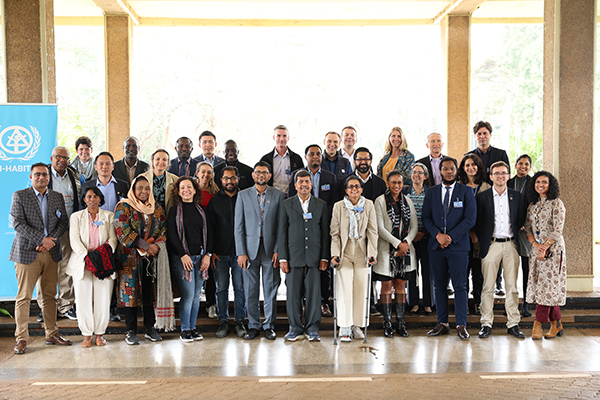Expert group proposes list of global adaptation indicators – key input to COP30

The expert group for the development of global adaptation indicators under the UAE-Belém work programme has submitted its list of 100 potential indicators to the UNFCCC secretariat. Parties tasked the expert group at the UN climate change negotiations in Bonn in June 2025 to propose indicators to assess all components of the eleven adaptation targets included in the UAE Framework for Global Climate Resilience. The list of potential indicators and their use by countries is the major negotiation item on adaptation at COP30 in Belém. If adopted, the indicators could play a pivotal role in tracking progress towards the adaptation targets under the Global Goal on Adaptation. They would also be an important source of information for the second Global Stocktake that will conclude in 2028.
The expert group of 78 members was established in September 2028 to further advance adaptation tracking under the Paris Agreement. It is organized into eight sub-groups, one for each of the seven themes of the UAE Framework for Global Climate Resilience (water, agriculture, health, biodiversity, infrastructure, poverty eradication and livelihoods, and cultural heritage) and one for the four targets around the adaptation policy cycle. Timo Leiter has co-led the sub-group on the four policy targets which has incorporated experiences from UNEP’s Adaptation Gap Report on the assessment of global adaptation planning, implementation and monitoring and evaluation. The expert group has submitted its final technical report and an excel file with detailed information on each of the 100 potential indicators outlining their adaptation relevance, disaggregation, and the availability of methodologies and data.
As part of LSE’s Grantham Research Institute’s team at COP30, Timo Leiter will provide expert advice to negotiators and will closely collaborate with UNFCCC secretariat and fellow members of the expert group to support an ambitious outcome on adaptation in Belém.

